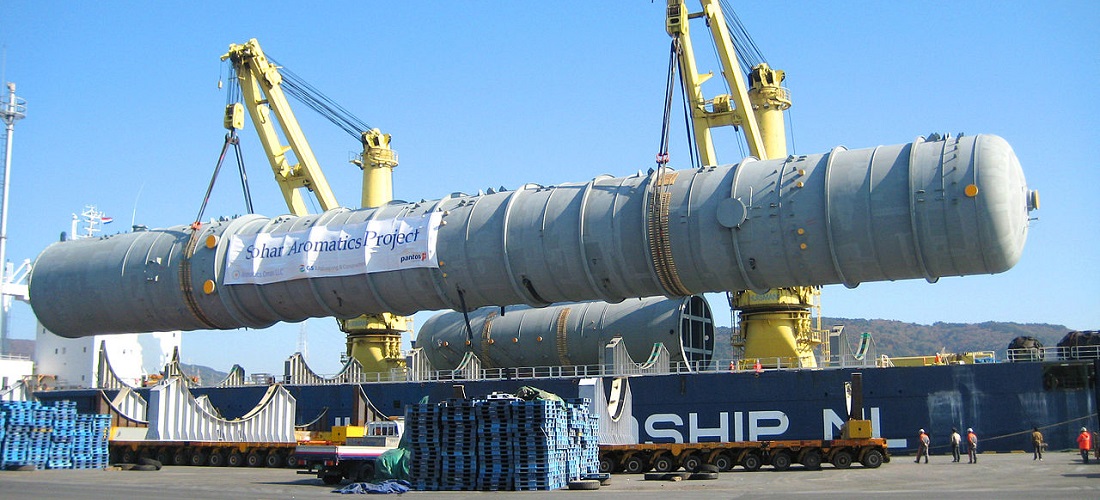
Plenty of work in the pipeline for breakbulk carriers, but rates uncertain
Jan, 06, 2023 Posted by Gabriel MalheirosWeek 202301
Despite recession fears and geopolitical uncertainty — and in some ways because of that uncertainty — project and breakbulk carriers and logistics service providers have a healthy pipeline of cargo related to renewable energy, oil and gas, liquefied natural gas (LNG), infrastructure, and other projects that will keep them busy through 2023 and into 2024. As the frantic pace of the pandemic market dissipates, the question for shippers is whether multipurpose and heavy-lift (MPV/HL) vessel availability and rates will return to pre-pandemic levels.
Skyrocketing breakbulk and project transport costs, including MPV/HL detention charges that rose “at least” 40 percent in some trade lanes, according to one project shipper, blasted through shippers’ budgets in 2022. Detention, also called demurrage in the breakbulk shipping sector, can be assessed when MPV ships are delayed in port, something that happened frequently last year. From an average of about $15,000 per day prior to the COVID-19 pandemic, detention charges jumped to as much as $30,000 to $50,000 per day — sometimes dwarfing freight charges — as carriers sought to cover rising operating costs and recoup opportunity costs.
Daily MPV/HL charter rates also continued to rise in the first half, peaking at $23,099 before declining to $17,827 in December, according to ship broker Toepfer Transport’s Multipurpose Index (TMI). These increased costs pushed shippers that had been using breakbulk transport as a “spillover” release valve to search for alternatives, but there were no easy answers. “We find a solution, and then it all changes,” a project shipper told the Journal of Commerce. “In the spillover market, [we] went to the MPV sector. But then we run the risk of port congestion, which brings with it the risk of detention charges.”
Although MPV/HL rates have softened, carriers and analysts expect steady demand to keep pricing above pre-pandemic levels into 2023. MPV/HL carriers anticipate some competition from container lines for cargoes that can easily switch between breakbulk and box modes, but they also expect growing freight volumes for renewables such as wind, oil and gas, and other types of project cargo that cannot change modes.
The energy sector will be catching up on maintenance and capital investments that were slowed during the pandemic, boosted by new projects related to the global energy transition and countries looking to improve their energy security in the wake of Russia’s invasion of Ukraine. A lack of investment in the already-niche MPV/HL fleet will also help to keep capacity tight and rates above pre-pandemic levels, provided demand endures. Many ships are aging, and carriers are reluctant to order new vessels because shipyard slots and financing are scarce, costs are up, and there is no larger consensus within the industry regarding the alternative fuels that will replace traditional marine bunkers.
Source: JOC
To read the full source material, please access: https://www.joc.com/article/plenty-work-pipeline-breakbulk-carriers-rates-uncertain_20230103.html
-
Ports and Terminals
Nov, 30, 2020
0
Port of Santos sets new record for container handling in October
-
Other Cargo
Aug, 24, 2022
0
Storm ahead: congested ports, heatwaves worry international pulp market
-
Shipping
Oct, 04, 2023
0
Maersk ship cuts short trip after container catches fire
-
Ports and Terminals
Apr, 22, 2024
0
Elderly Pilot Falls Overboard While Boarding Port of Santos Ship, Emerges Unharmed


